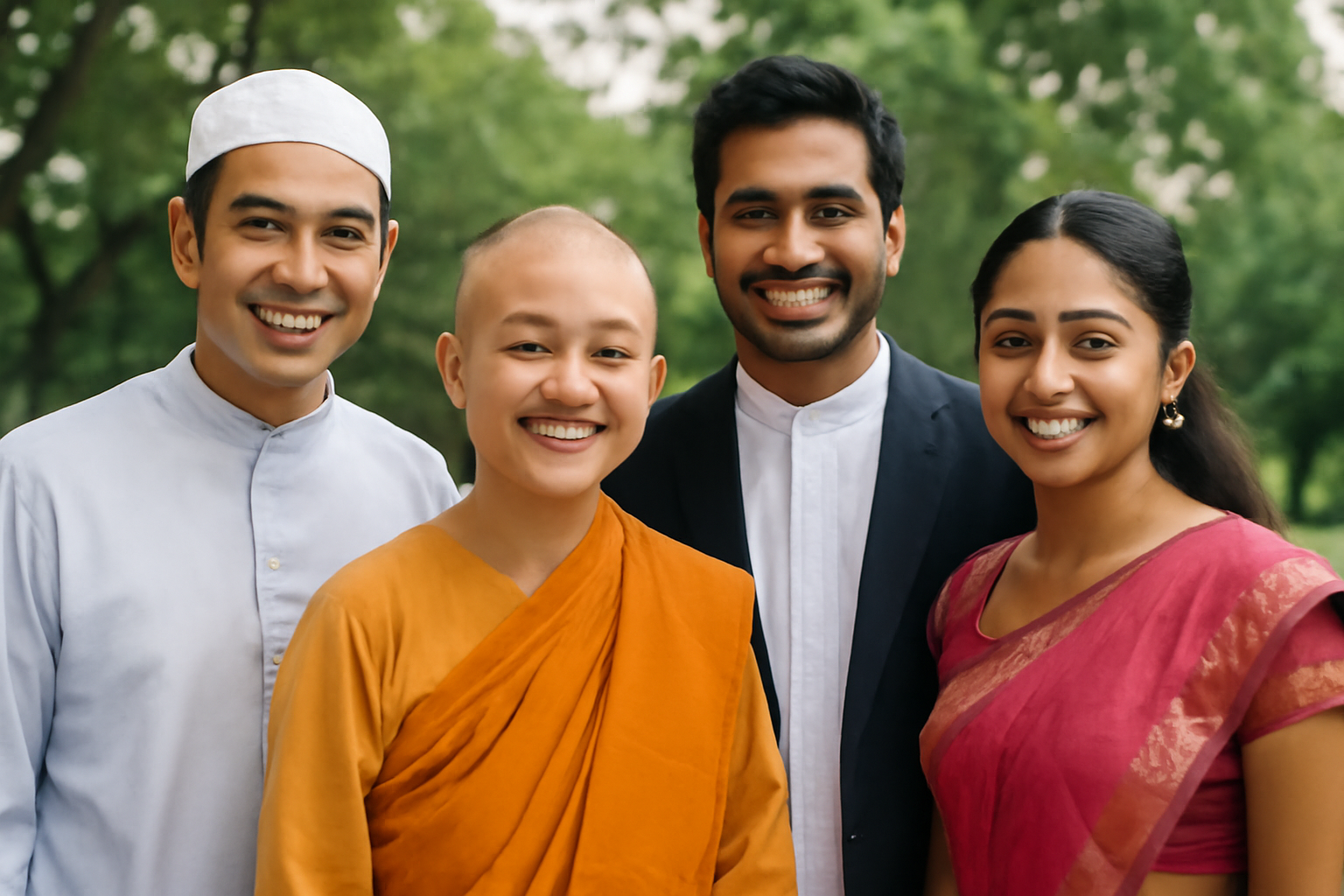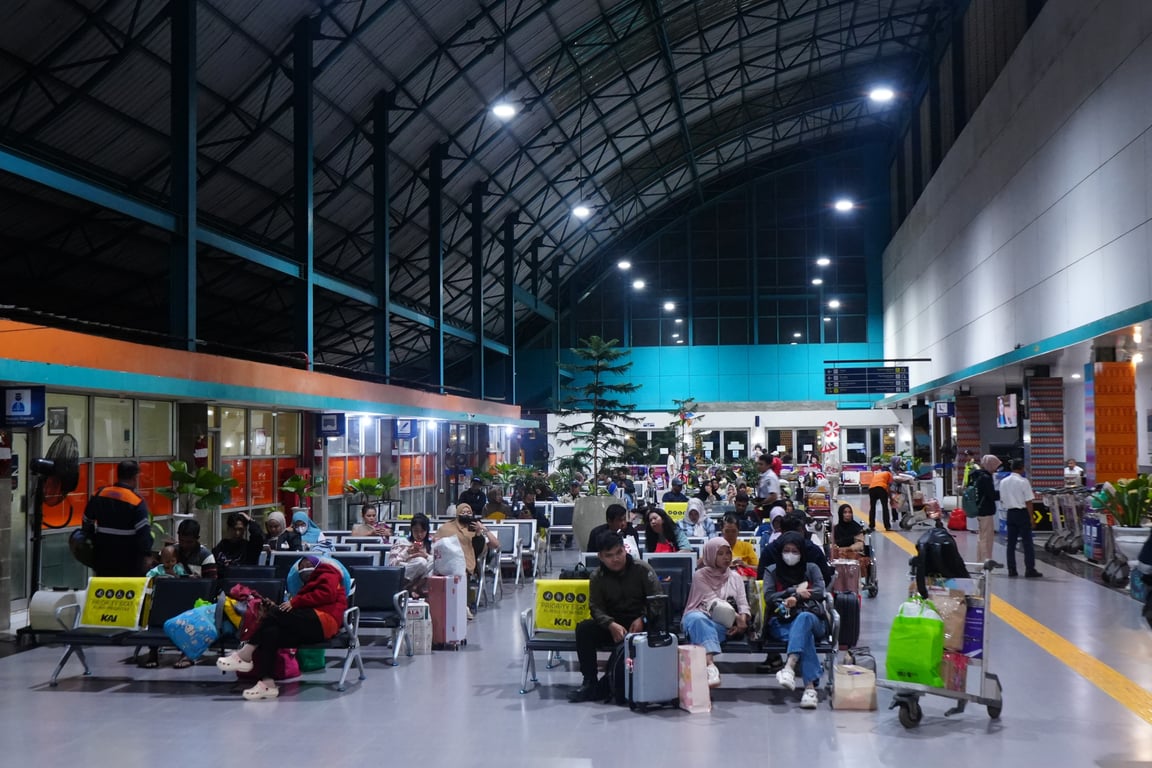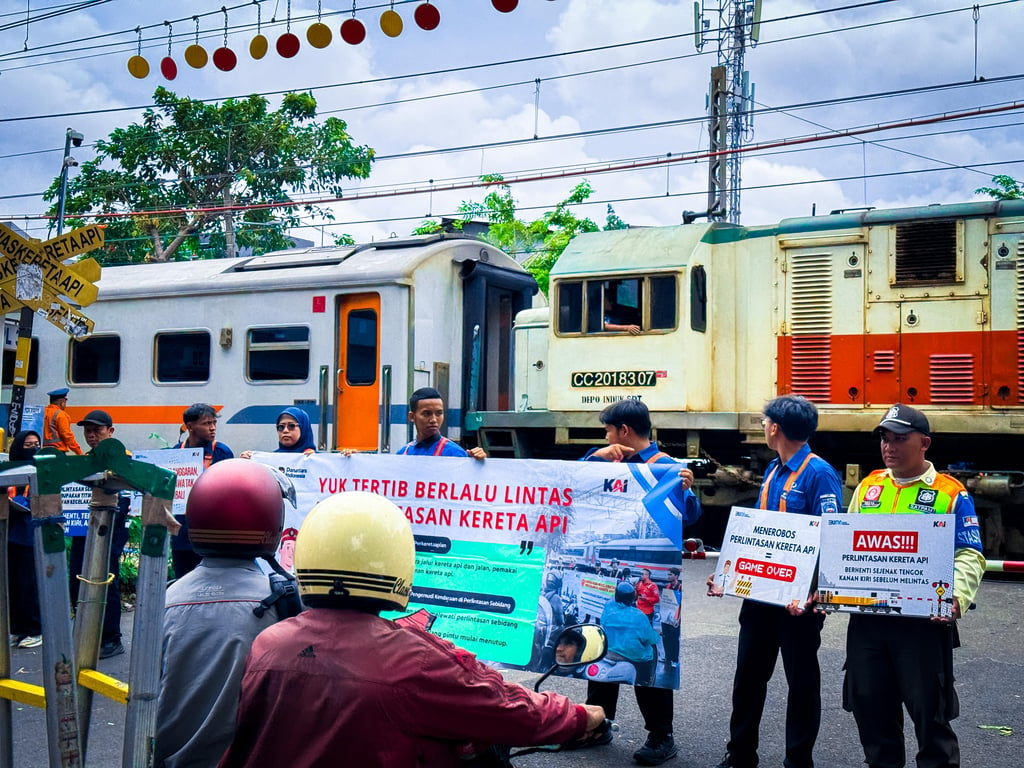
Singapore is known for its rich religious diversity, where major world religions such as Islam, Christianity, Buddhism, Hinduism, and various other faiths coexist peacefully. The government strongly supports freedom of religion and has created a climate of pluralism that allows individuals to practice their faith without fear of discrimination.
Islam is the second-largest religion in Singapore, followed by Christianity, Buddhism, and Hinduism. The government has put in place policies that not only protect religious freedoms but also promote interfaith dialogue. One such initiative is the Islamic Religious Council of Singapore (MUIS), which works to maintain the welfare of Muslims and promote interfaith harmony. Similarly, the Singapore Council of Churches provides guidance to the Christian community to ensure peaceful coexistence.
Religious festivals like Hari Raya Puasa, Chinese New Year, Deepavali, and Christmas are celebrated not only by the respective communities but also by people from other faiths. This mutual respect during religious festivities showcases the spirit of harmony in Singapore. The government facilitates interfaith dialogues, further strengthening understanding among various religious groups.
For instance, during Hari Raya Puasa, Muslims invite people from different religious backgrounds to join in the celebration by sharing festive meals and engaging in communal activities. The same inclusivity is demonstrated during the celebration of Chinese New Year, where people of different faiths also partake in the festivities.
Singapore’s approach to religious diversity shows that a peaceful and tolerant society can thrive even with significant religious differences, making it a global example of pluralism.








